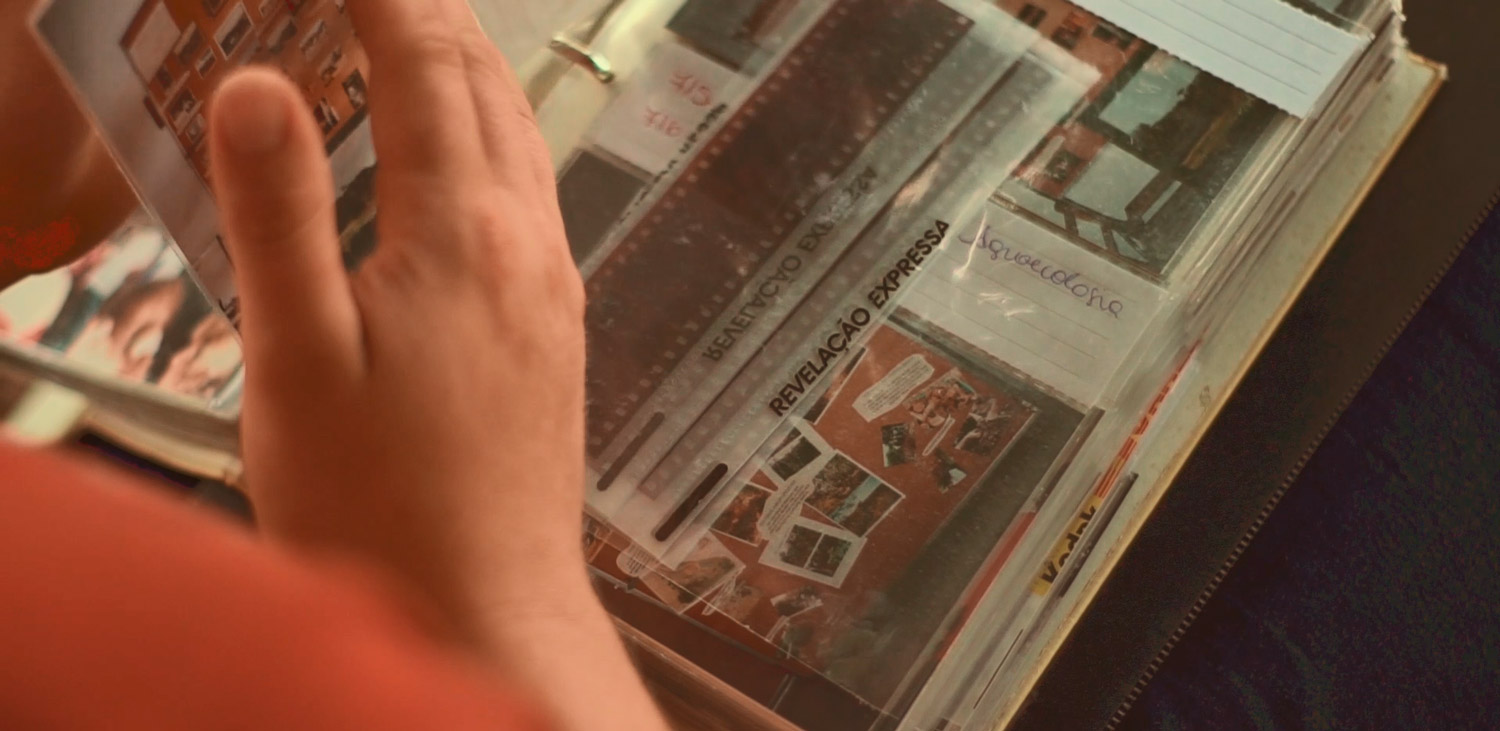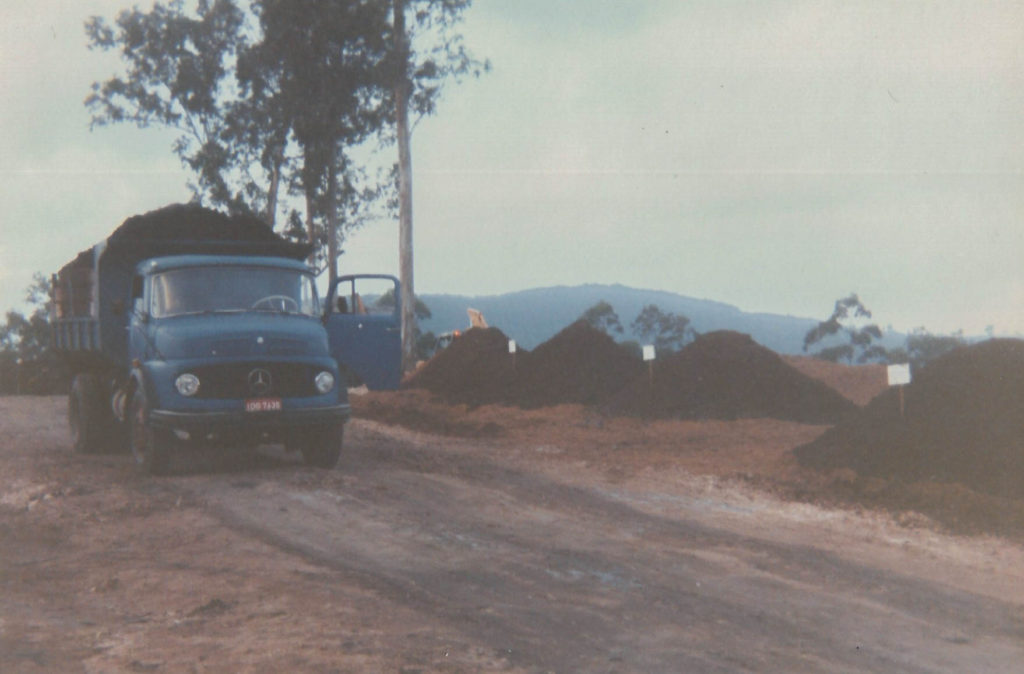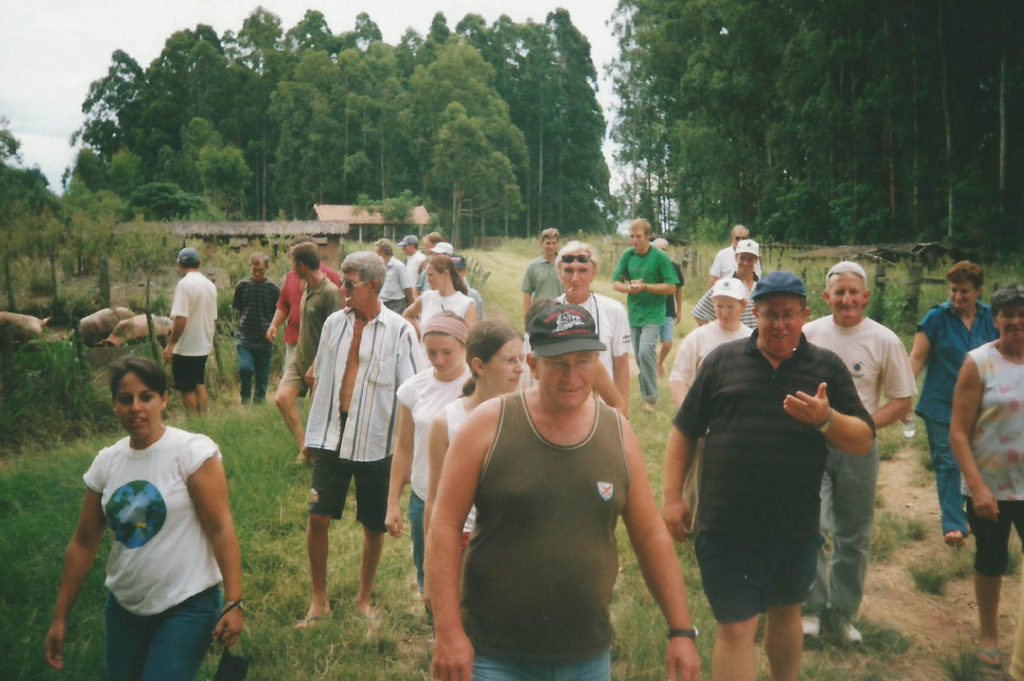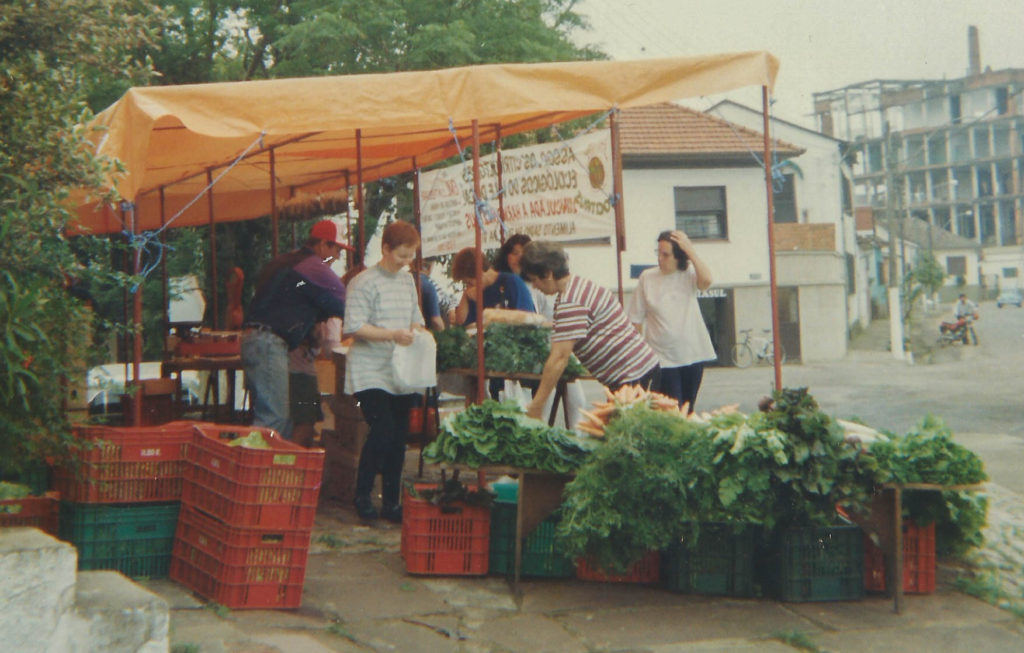The Cooperative of Ecological Citrus Farmers of Vale do Caí (Ecocitrus) was officially founded on November 2, 1994, by 15 founding partners. Initially constituted as an association, the fifteen creators who started this work believed that another type of agriculture was possible in the Vale do Caí region: without pesticides, preserving the health of the planet and of each consumer. Agroecology was what propelled the creation of Ecocitrus – and remains alive today in the entity’s philosophy. In 1998, Ecocitrus became, officially, a cooperative, following the tenets of the cooperatives system: equity, participatory management, democracy, solidarity, and income distribution among the cooperators. Currently, it has over 100 agriculturists in its membership, which proves the efficacy of cooperatives in the region’s citrus fruit cultivation.
Ecocitrus is a cooperative that completes the whole cycle of production of citrus fruit cultivation, from the supply of fruits by the associates, until its processing on the cooperative’s juice and essential oils unity and posterior exportation to European countries. The label of the products is Ecocitrus – juices and essential oils, treasuring the tradition and pioneerism of the entities’ operations.
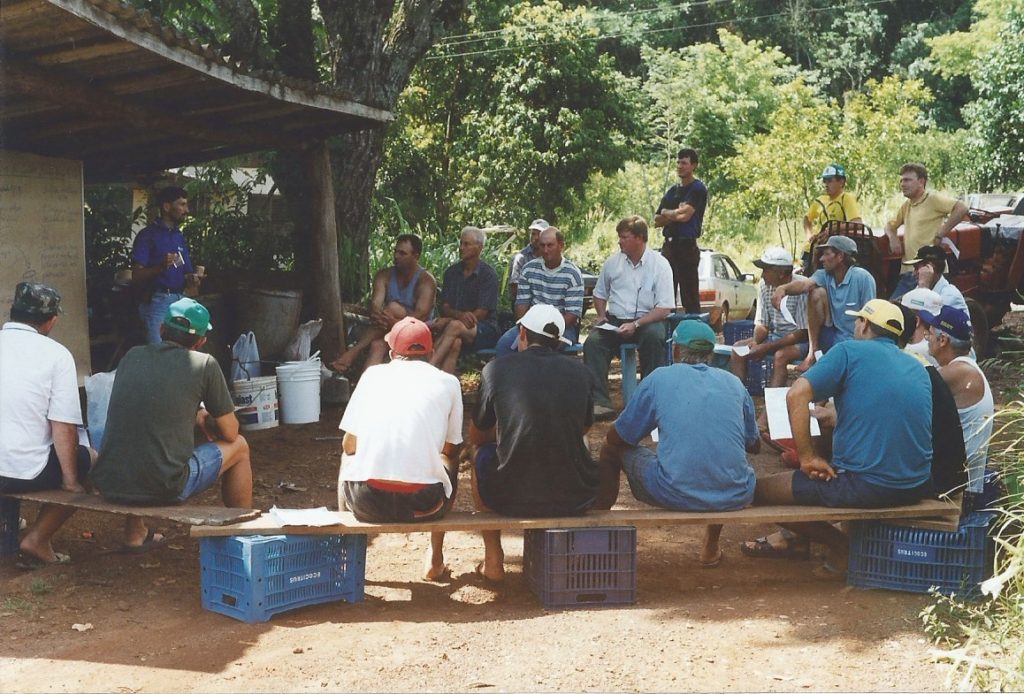
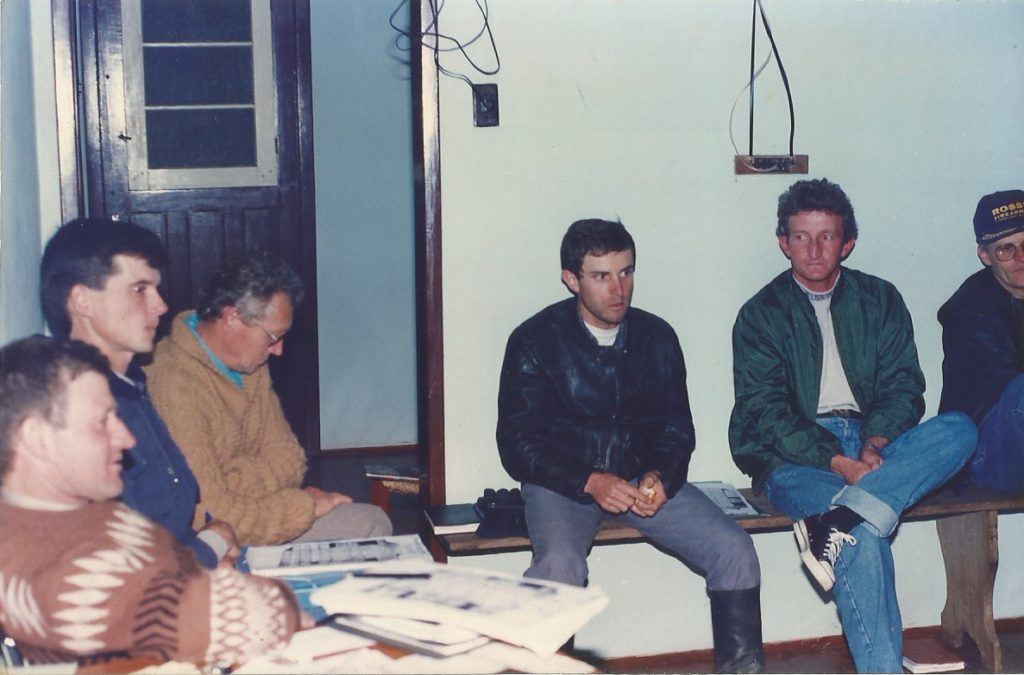
Currently, 80% of the final products originated from citrus, are exported to Germany, France, United Kingdom, Netherlands, and Belgium, for example. At all stages, Ecocitrus operates with environmental responsibility, technical quality, and permanent research.
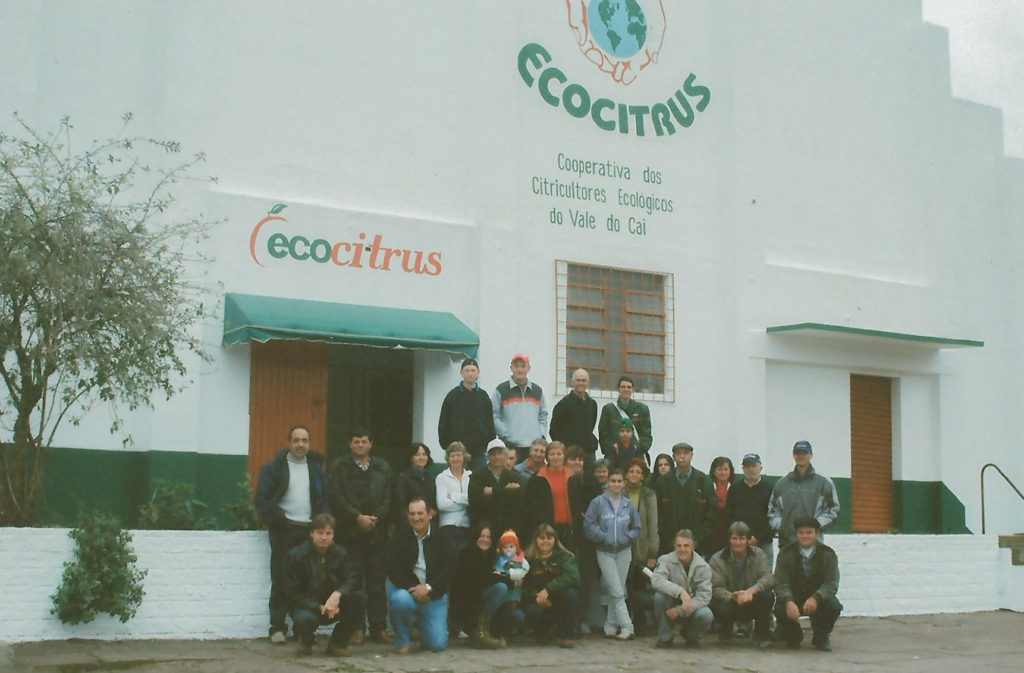
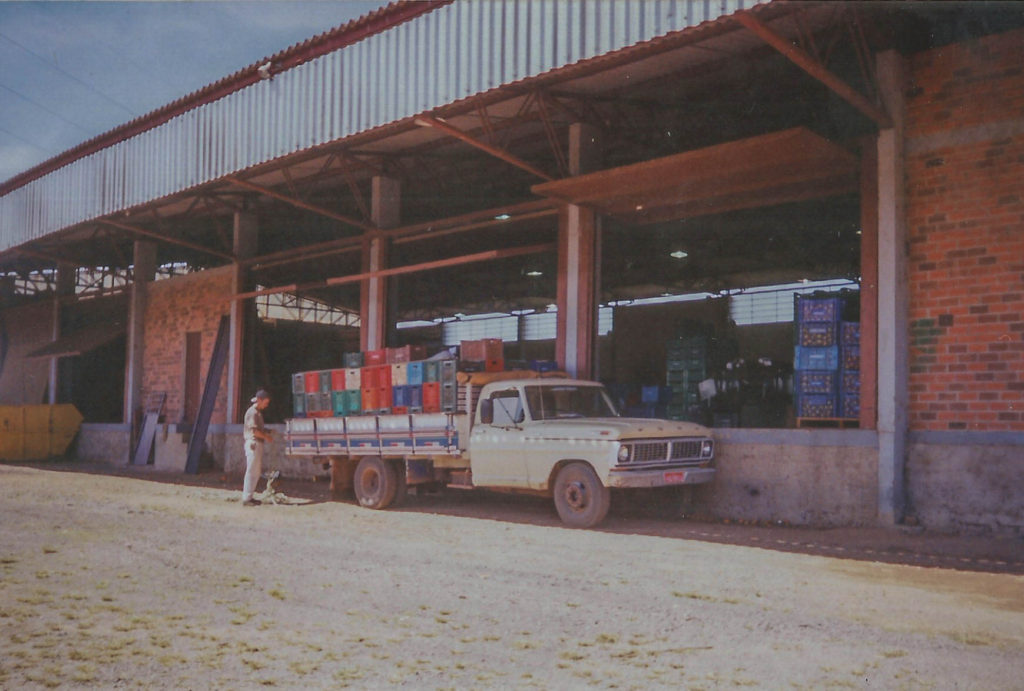
In 2009, it started to extract mandarin and bergamot essential oils in its agribusiness, first with leased equipment and, in the following year, with its own machinery. In 2013, the juice processing plant was opened in the agribusiness. Until then, it was processed at a third-party factory, which made the process more expensive and encumbered the members. Now, associates have control over the entire production chain.
As an operating arm in a circular economy cycle, Ecocitrus is also integrated by Reaviva – environmental solutions and soil nutrition, a composting plant founded in 1995 by associated farmers to cater for the internal demand for organic supplies for application in orchards.
Reaviva treats agrosilvopastoral waste from companies in the food sector, generating biofertilizers and organic compounds as a final product, distributed free of charge to associated family farmers.
The cooperative is part of the circular economy cycle, preserving the environment, operating in fair trade, and maintaining the income of several family farmers in Vale do Caí for over 25 years.

